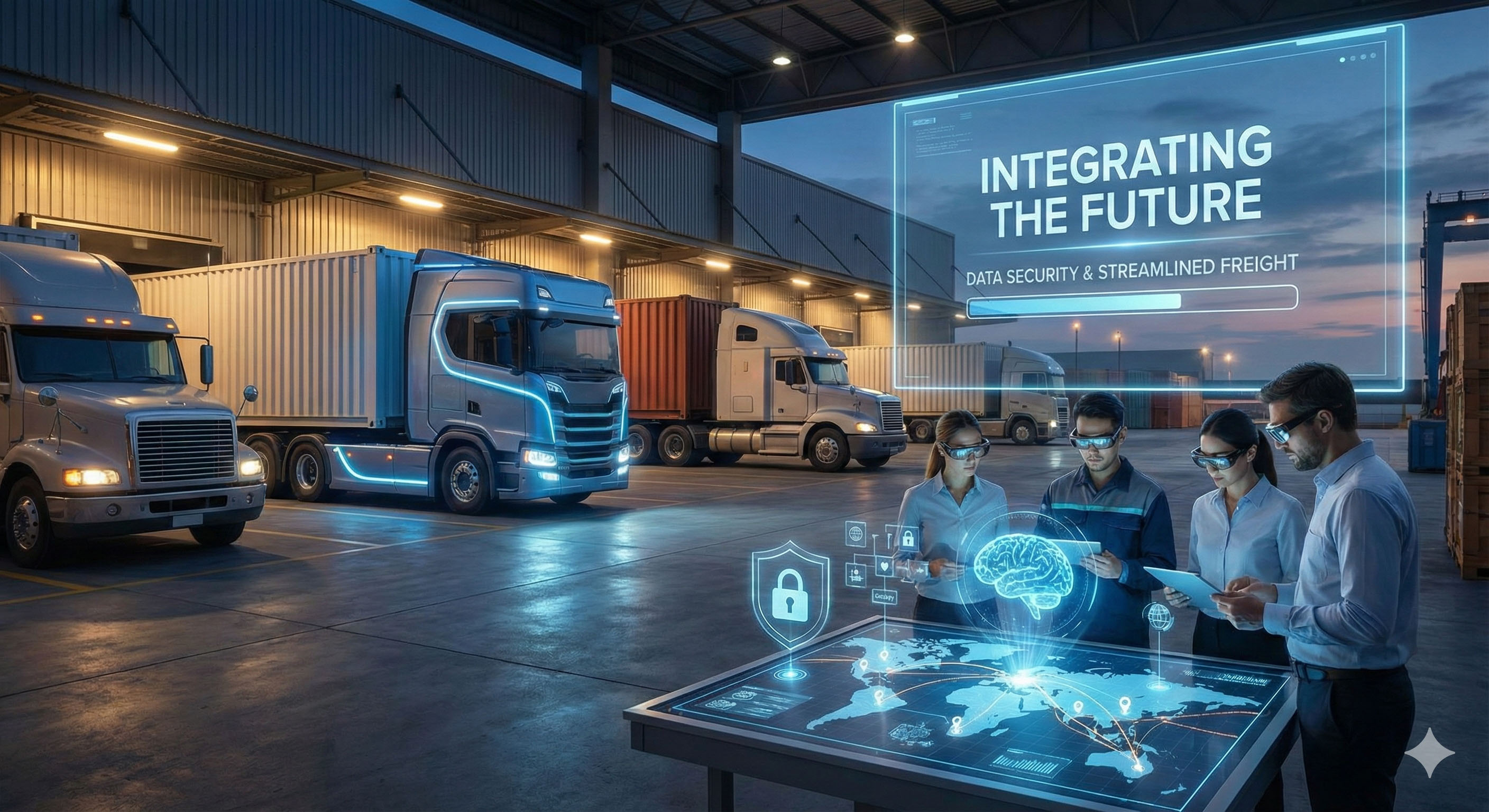
At the latest Trimble Insight Conference in New Orleans, Michael Kornhauser, who oversees Trimble’s TMS, maintenance, mapping, and navigation products, emphasized the importance of achieving operational excellence through small, consistent gains—a concept summarized by the phrase "magic penny" or compounding benefits. Getting "1% better every single day" has a tremendous compounding effect over the course of a year, leading to efficiencies that help companies scale without increasing headcount.
A key part of Trimble’s strategy is integrating advanced technology, like AI, into the core systems customers use today, many of which are decades-old and considered legacy. Kornhauser notes that this approach is possible because the progression of AI happened "organically" at Trimble, building on over ten years of internal work using machine learning to improve map data and core products.
Trimble is delivering AI features that impact specific user workflows without requiring a large "rip and replace" implementation. Examples announced at the conference include:
Kornhauser stresses that creating actionable insights starts with ensuring data flows in real-time. Trimble's focus is on connecting data both within the carrier's "four walls" and connecting to outside systems, whether that be shipper data or external operational data like Tandem Systems (for fuel dispatch). This open ecosystem is critical because the performance of partners directly affects the carrier’s efficiency.
By focusing on core competencies and utilizing technology to manage complexity and security (like cybersecurity), fleets can better navigate the current market environment and be positioned to maximize efficiencies when the market rebounds.

The final Truckload Market Update of 2025 is here! Inside, we’re revisiting last December's forecast, sharing expert predictions for 2026, and breaking down yesterday’s Fed rate cut and current truckload rates. Plus, grab a $200 discount for Manifest and check out the latest Meet Me For Coffee episodes. A huge thank you to sponsors Watco and BiggerPicture for their support this year—Merry Christmas, and see you in 2026!
Read More
This month's truckload market update covers rates, capacity, the economy, inflation, and political news affecting the supply chain.
Read More
Celebrating two years of publishing my monthly industry report through SJ Consulting! This edition explores inflation, wage growth, AI’s impact on labor, the Fed’s path, truckload rates, and more.
Read More